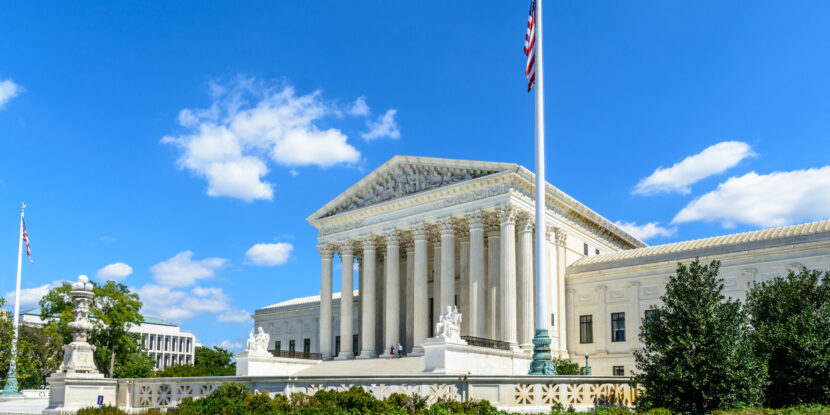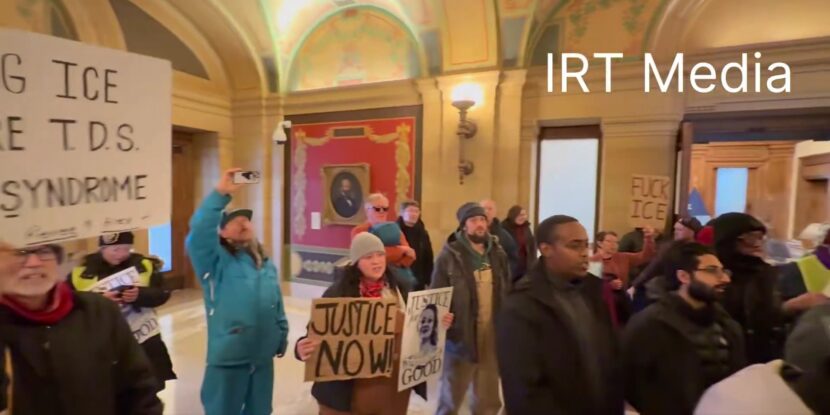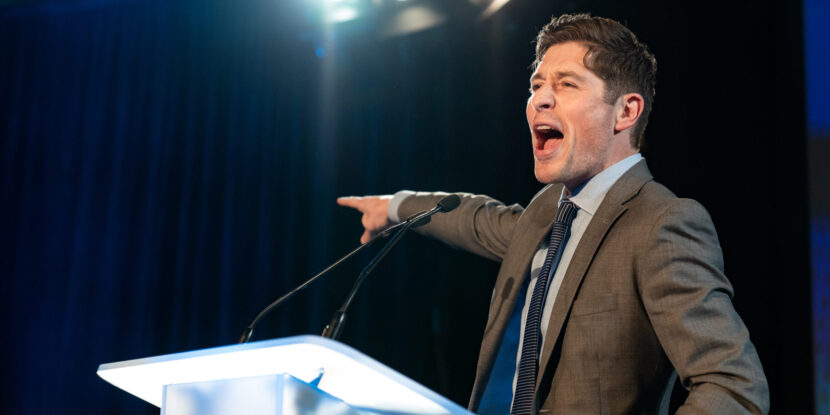TikTok, the video social media platform owned by Chinese-controlled ByteDance, argued against its impending ban in the United States before the Supreme Court on Friday. However, the social media company appears to have found little enthusiasm in their defense among the high court’s justices.
The oral arguments—stemming from an emergency appeal of a law requiring the Chinese-owned ByteDance to divest from TikTok or face a ban of the platform in the U.S.—mostly circled around the constitutional question of viewpoint and content restrictions enacted by Congress. Despite TikTok insisting the case was a simple matter of First Amendment speech rights, the justices pushed the case into the realm of the constitutional question of association—specifically with the Chinese Communist Party (CCP)-controlled ByteDance—as well.
TikTok’s counsel Noel Francisco insisted that the video social media platform is not ‘ultimately’ controlled by ByteDance and that Congress’s divestiture law clearly violates the company’s—and its users’— free speech rights. Currently, TikTok’s Chinese parent company, ByteDance, must divest from the company by January 19. If this divestiture does not occur, the social media platform will be barred from being downloaded to U.S. social media app stores. Thus far, ByteDance has insisted it will not divest from its American social media company.
ASSOCIATION NOT CONTENT.
The U.S. government, defending the law, emphasized it does not discriminate against specific content or viewpoints but merely seeks to cut the CCP and ByteDance out of being able to influence the TikTok platform. Solicitor General Elizabeth Prelogar noted to the justices that the ban—which serves as the crux of TikTok’s argument against the law—is a secondary effect and that the content shown on TikTok would not need to change if the platform was divested from ByteDance. The latter is key to the government’s defense of the law as it illustrates the law does not seek to regulate speech but rather association.
Ultimately, the justices appear wary of preventing Congress from asserting its ability to regulate the foreign ownership of American companies. Justice Ketanji Brown Jackson went so far as to question whether TikTok was essentially arguing that Congress could not prevent companies from associating with terrorist organizations.
Importantly, the government repeatedly stressed that the law is meant to not just address U.S. data security interests but also the country’s national security interests.
With arguments concluded, the Supreme Court could decide the fate of TikTok in a matter of days by issuing a preliminary or administrative injunction which would delay the divestment law from taking effect.




















